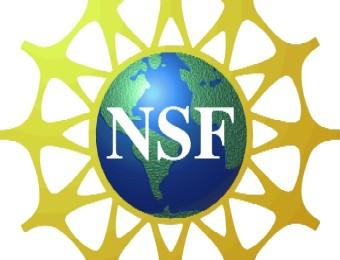
Section Branding
Header Content
Virtual Worlds Help Disabled Students
Primary Content

The National Science Foundation gave $1.5 million to The University of Georgia and Georgia Institute of Technology to help raise the number of students with disabilities getting degrees in science, technology, engineering and math.
The collaborative program uses specially designed virtual classrooms inside Second Life where students can interact with mentors from around the world without leaving home.
Robert Todd is a senior researcher with the Center For Assistive Technology and Environmental Access at Georgia Tech.
"It will be what you might call an idealized or a better version of the classroom. Because we can do what we can imagine we can make the classroom more engaging and more interesting to students."
Noel Gregg with UGA's College of Education says the possibilities are virtually endless:
"You could create a chemistry lab where the chemistry teacher would go and show them ‘well you know this is how I access this’ or ‘this is a strategy that I use.’"
Gregg says researchers are working with students at Georgia Perimeter College and at several high schools across the state.
The program is designed to help students with both physical and learning disabilities.
Tags: Georgia Tech, University of Georgia, Georgia Institute of Technology, National Science Foundation, Robert Todd, Noel Gregg, disabled students
